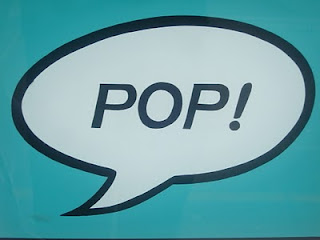Recently I was introduced to Jonah Lehrer at the Theatre Communications Group annual conference in Chicago where Mr. Lehrer was a keynote speaker. His speech inspired an earlier blog post , and convinced me that I should probably read his book How We Decide . I am just about a quarter of the way through it, and I must admit that I am finding it a bit dense, although completely fascinating. Instead of reading right before going to sleep, I am waking up a little early to read because my brain needs to be fresh to process some of his ideas. In the second chapter of the book, entitled "Predictions of Dopamine," Lehrer examines two subjects--TD Gammon (a computer specifically designed to play backgammon competitively) and Bill Robertie (a man who is a world-class expert in chess, poker and backgammon). In his examination of these two subjects, I learned two amazing lessons: 1. If you want to be an expert, you need to fail a lot! Lehrer quotes physicist Niels Bohr who defined an ex...





